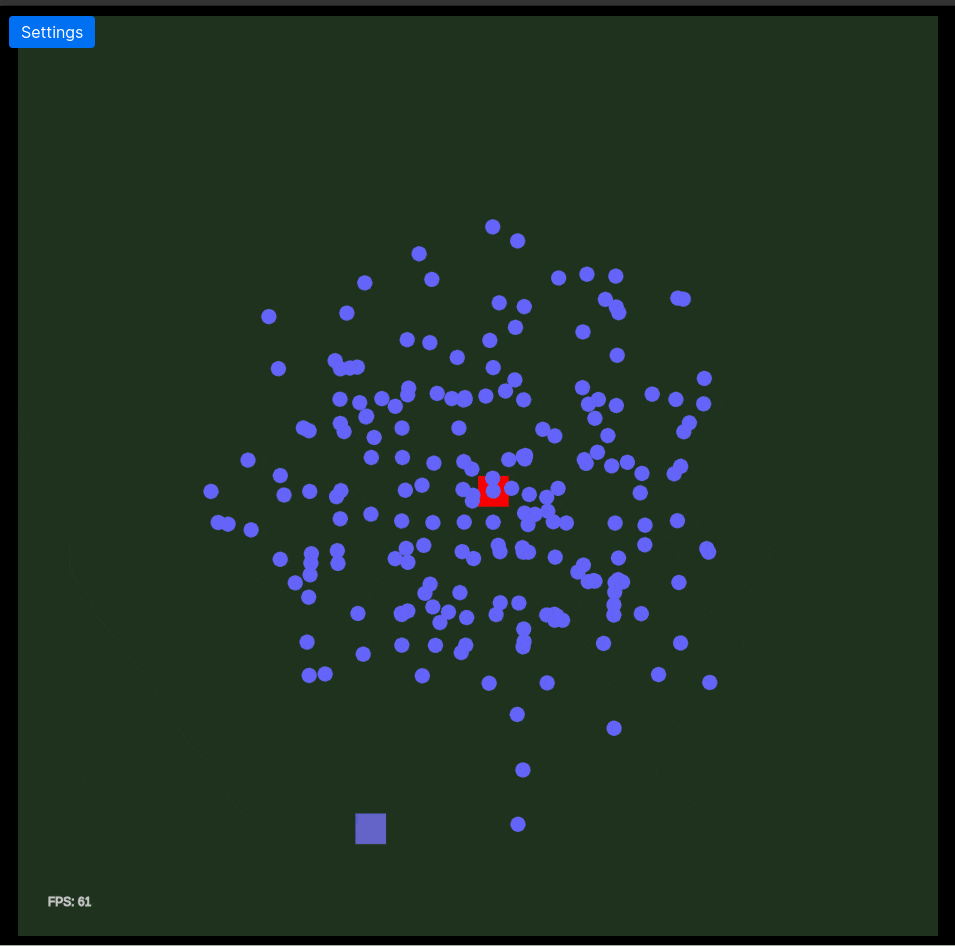What Math do you need to be Good at AI
The topics you need to excel in AI- and how much to study them based on your goals.
Based on the messages I get, people trying to get into AI are trapped in the paradox of choice-
There are so many branches of AI that it’s hard to see what to pick.
Even if you know the field, there are so many courses and ideas that you can start learning with.
You also have lots of modalities- textbooks, college courses, YouTube series, Coursera, etc.
As AI matures, different sub-fields will continue to build new directions which will change the “required reading” that people must be familiar with to build AI-based systems. For example- many people who got into AI from Generative AI or NLP might not be familiar with techniques like Gini impurity- which quantifies how likely a randomly selected data point will be misclassified in a decision tree, helping identify the best way to split nodes.
Even I, who got into AI from Machine Learning, don’t know a lot of the older classic techniques like Ant Colony Optimization, Swarm Intelligence, and a lot of Bayesian AI- which are all algorithms I only started exploring much later-
In such a dynamic field, the best bet is to focus on the abstract principles that you can apply across various topics (the “analogies” to help you familiarize yourself with different ideas). To that end, understanding certain mathematical principles will have the largest carry-over across fields. In this article, we will talk about the following-
The 3 personas for AI, as far as learning math is concerned- non-technical, engineer, and researcher (many teams make the mistake of conflating the latter two, which creates problems for both their employees and the company). Each persona interacts with AI differently and thus needs Math to a different degree. By default, most courses you see are targeted toward the researcher persona, which makes them functionally useless (I would argue harmful, given the time and money investment involved) to other groups.
A list of the foundational math concepts that will give you a strong and adaptable foundation (the what to study). We will tailor the whats to how much to study them based on different foundations.
Given how important Math Foundations are (and that we will be splitting this for the different personas)- I think this will be one of the few articles that will be applicable to anyone trying to make major decisions (investing in, policy, strategy, building) wrt to AI. The foundations will help you make better decisions.
Get a premium subscription below for full access to this and all future articles.
Each of these articles takes a long time to research and write, and your premium subscription allows me to deliver the highest quality information to you. If you agree that high-quality work deserves compensation, please consider a premium subscription. We have a flexible subscription plan that lets you pay what you can here.
PS- Many companies have a learning budget that you can expense this newsletter to. You can use the following for an email template to request reimbursement for your subscription.
I provide various consulting and advisory services. If you‘d like to explore how we can work together, reach out to me through any of my socials over here or reply to this email.
Executive Highlights (TL;DR of the article)
Here is my “magnificent 7” math lineup that I believe you should know before getting into AI-
Keep reading with a 7-day free trial
Subscribe to Artificial Intelligence Made Simple to keep reading this post and get 7 days of free access to the full post archives.







